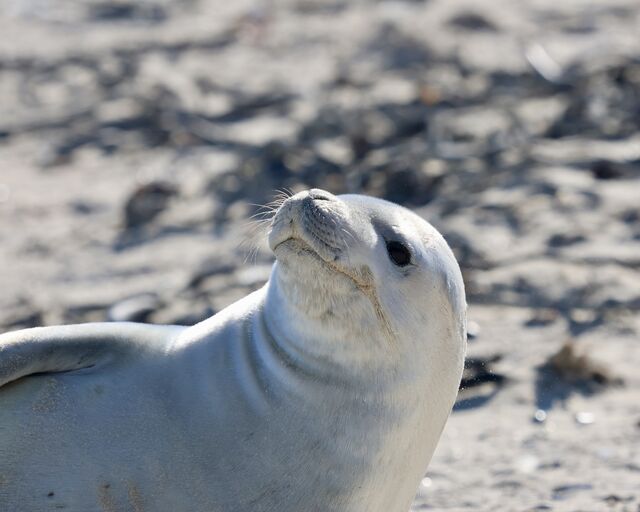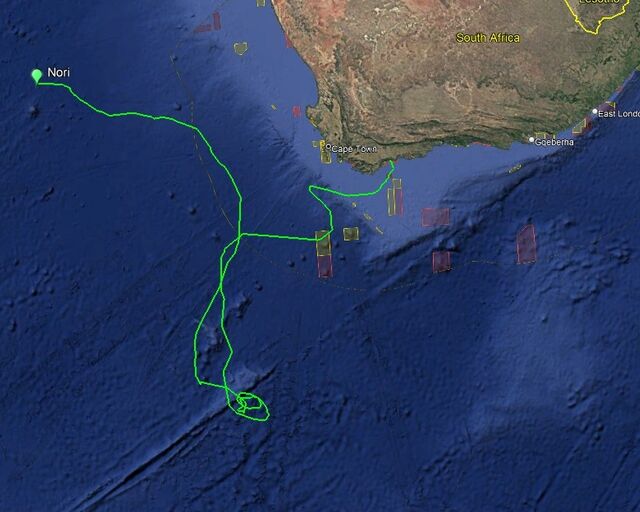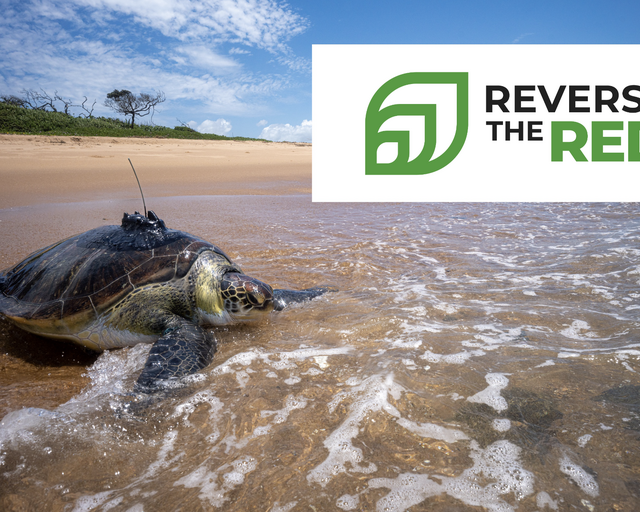A year in academic excellence: Celebrating research and collaboration at Two Oceans Aquarium
As our Research team concludes the first half of the 2025 academic year, we’re reflecting on the remarkable achievements of our 2024 interns and students. We hope that this will inspire the 2025 cohort with the potential of the year ahead!
In 2024, our research projects focused on a variety of different topics that were made available throughout the Two Oceans Aquarium’s exhibits and beyond. Some students made use of long-term data sets (data gathered by various aquarists and researchers over a longer period) to investigate water quality of exhibits, the movements of Cape fur seals in the V&A Waterfront, and the growth rates of turtle hatchlings at the Turtle Conservation Centre. Other students took the opportunity to work on collaborative research projects around sunfish species mapping, rockhopper penguin vocalisation, and turtle migration. Each of these projects will make important contributions to broader ongoing research on the respective marine species.
Hand-in-hand with the Aquarium, our Research team offers students a unique opportunity to hone their skills in the pursuit of careers in the marine space. Thanks to our exhibit spaces, honours and master’s students have a chance to research water quality and animal behaviour in a controlled marine environment. The Aquarium’s animal husbandry work, the Marine Wildlife Management Programme, and the Turtle Conservation Centre provide endless areas of interest to focus on and add to the already existing marine research project being done in the country.
“Reflecting on 2024, we proudly recognise the graduates of both our undergraduate and postgraduate students at institutions including Cape Peninsula University of Technology (CPUT), the University of the Western Cape (UWC), Stellenbosch University (US), and the University of Turin (Italy). They have taken up the opportunities with enthusiasm, and their results promise important future contributions to marine fields,” said Nathalie Viljoen, Head of Research at the Two Oceans Aquarium Foundation.
Research paving the way in leaps and bounds: 2024 wrap-up
With so many incredible research projects taking place in collaboration with the Two Oceans Aquarium Foundation’s research team, we would be amiss not to share a few from 2024 with you.
Research development using long-term data sets
Our animal husbandry and Research teams have built considerable long-term data sets from years of caring for the marine animals at the Aquarium. These data sets can be used to develop research skills and projects in collaboration with academic institutions. The past year was no different, with our students engaging in meaningful research that enhanced their expertise and contributed to their understanding of animal health and welfare. This research also provides a baseline understanding of each species for the benefit of conservation work.
There were four projects making use of long-term data in 2024.
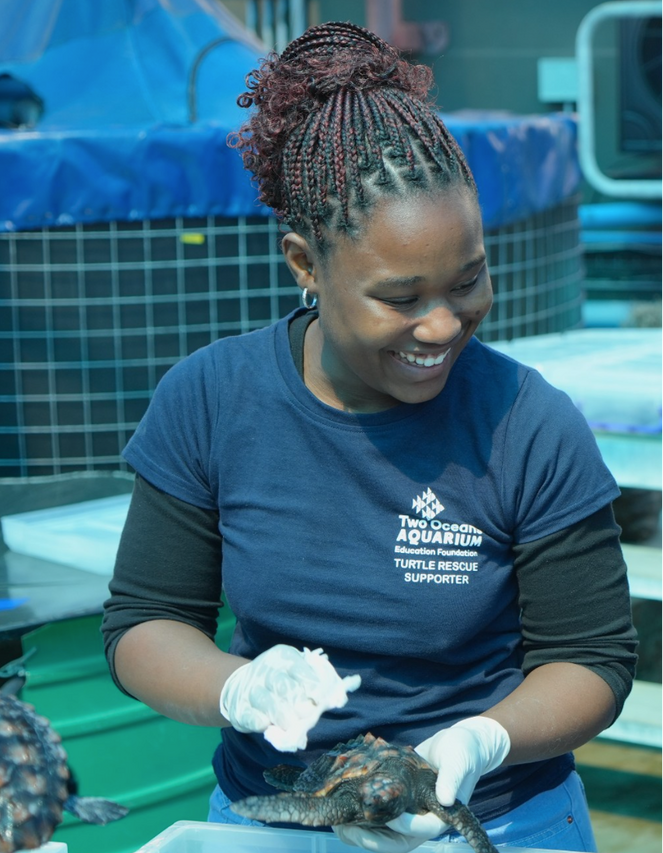
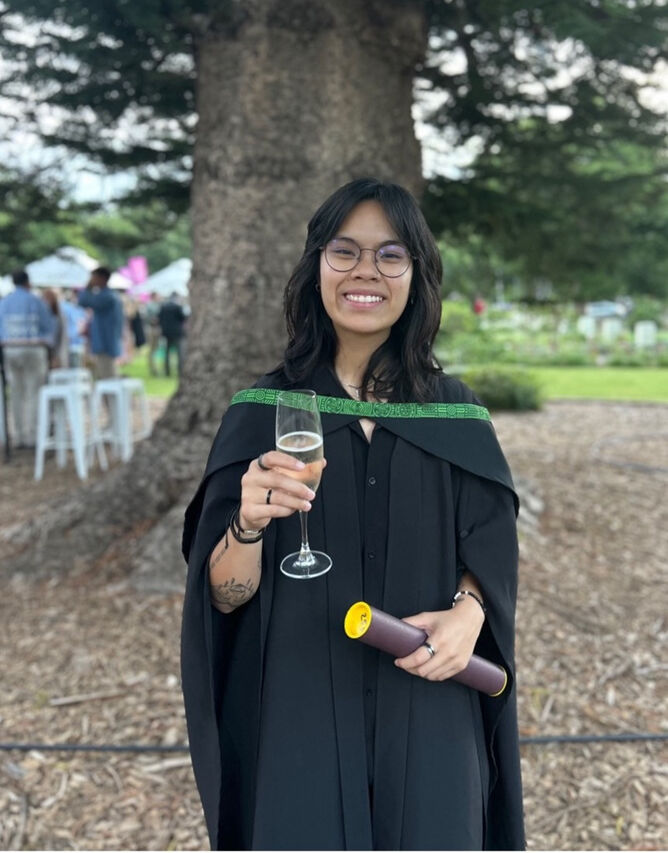
Soloko Lulwandle focused on the growth rates of loggerhead post-hatchling turtles (Caretta caretta) undergoing rehabilitation at the Turtle Conservation Centre.
Chloe Paderes evaluated the records taken by our Wildlife Monitors at the V&A Waterfront to describe the movement of Cape fur seals on the specialised seal platforms, which were created to ensure human-wildlife co-existence.
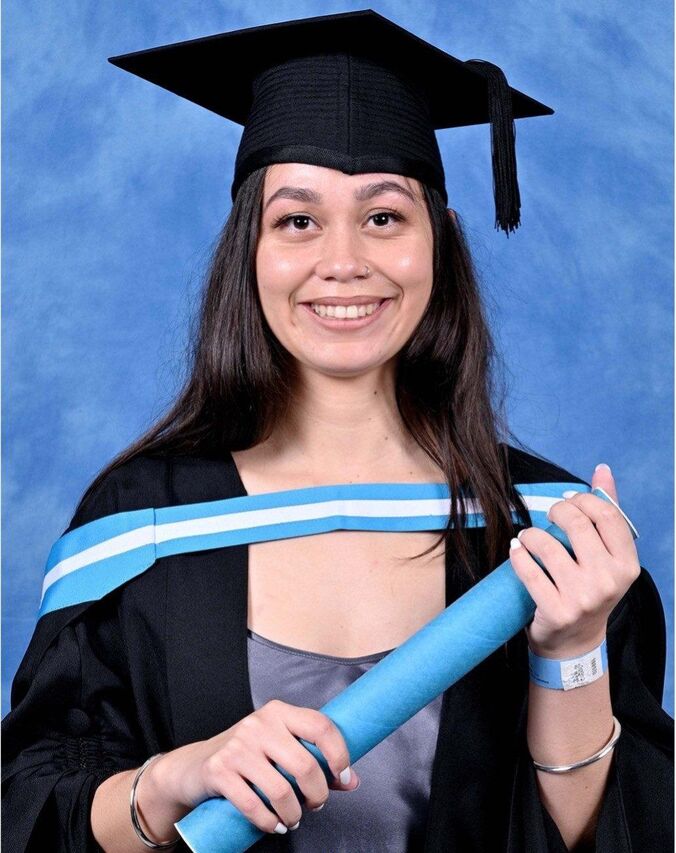
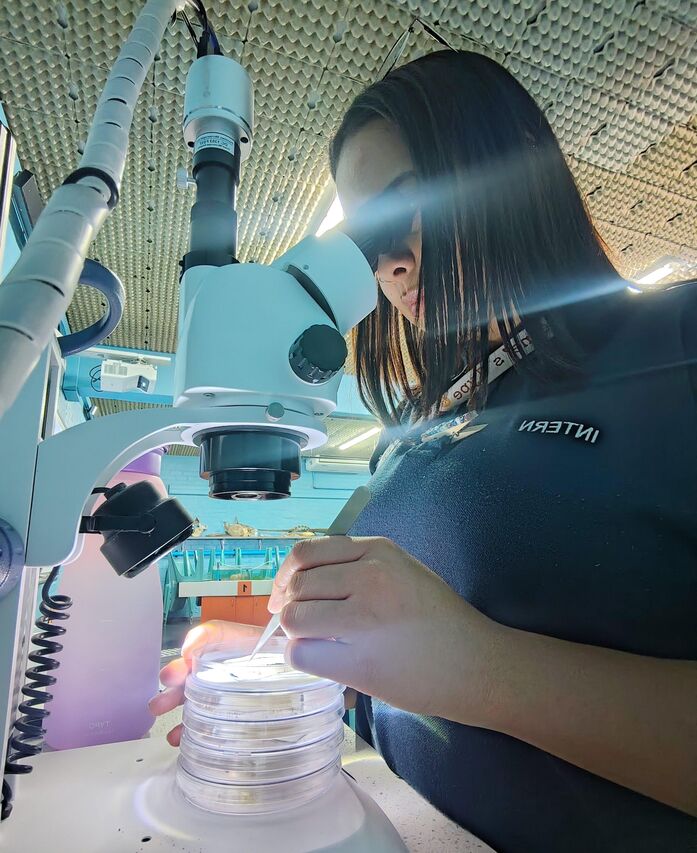
Zoe Rayners conducted a study on ammonia and calcium hardness levels in the water of the holding pools for turtles undergoing rehabilitation at the Turtle Conservation Centre. This study will help to ensure optimal water quality for animal health.
Leigh Jacobs examined the presence and abundance of microplastics in the Aquarium’s Penguin Exhibit, furthering our knowledge of plastic pollution in their exhibit environment and potential solutions for better water quality.
Collaborative Research Projects
Our partnerships with universities remain a cornerstone of our research initiatives, enabling our team to collect and analyse ex-situ data (information collected on species or materials outside of their natural environment) to enhance our understanding of marine animal care and conservation.
This year, students engaged in impactful projects, such as Vittoria Turone, who recorded and analysed the vocalisations of our Northern rockhopper penguins (Eudyptes moseleyi). This research contributes valuable data on their communication and behaviour and may support their conservation.
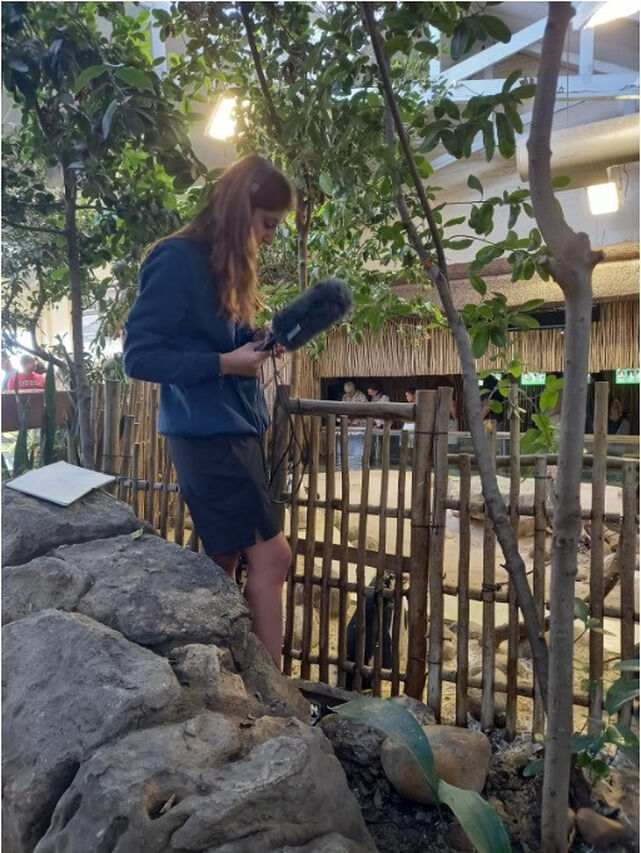
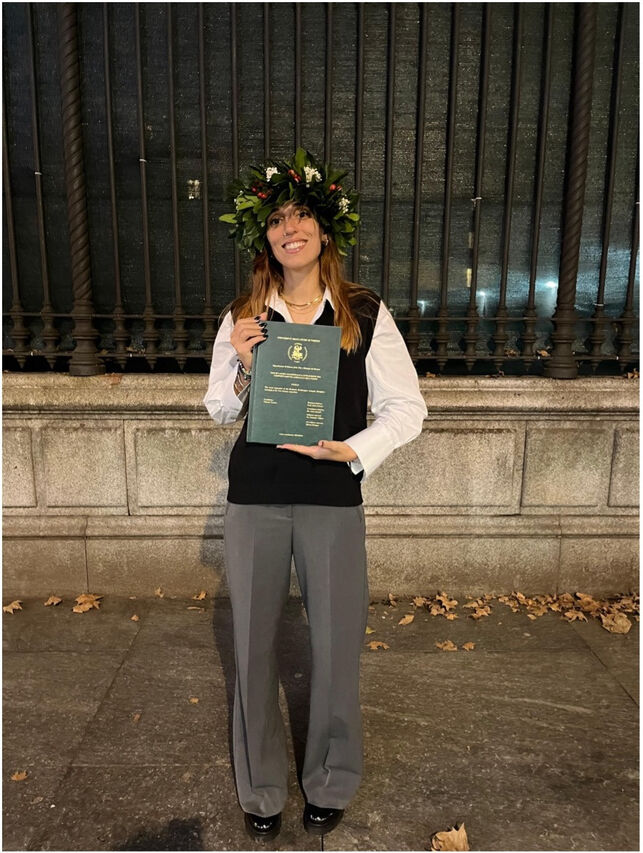
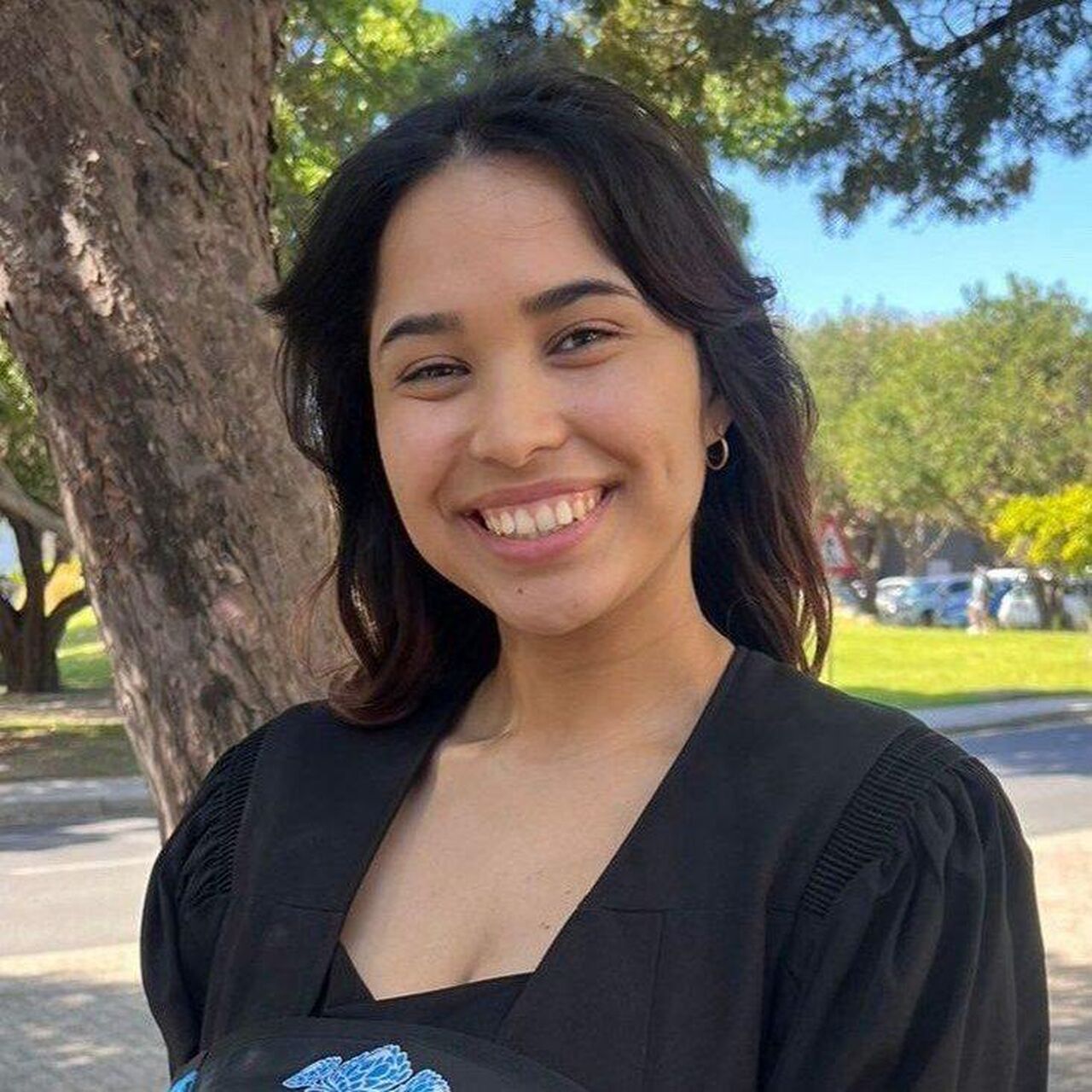
Beyond the walls of the Two Oceans Aquarium, our research extended to broader marine conservation topics. For example, Kisha Langeveld’s research included a focus on sunfishes, mapping species distribution through genetic testing to better understand population genetics of the Molidae (sunfish family) along the coast of Southern Africa.
The rehabilitation of sea turtles is central to the conservation research accessible to our students. Studies on the various sea turtle species have involved investigating the role of environmental factors on micro- and macro-movements of released turtles along South Africa’s west and south coasts. Shane Lucas looked into the influence of environmental drivers on turtle migration within the South African oceanic region.
The findings coming out of these collaborative projects are invaluable, not only for improving our care practices within the Aquarium and Foundation but also for contributing to the global knowledge necessary for the conservation of these species in their natural habitats.
Nurturing the future of ocean conservation
The Two Oceans Aquarium Foundation’s commitment extends beyond research; we strive to nurture the next generation of ocean leaders.
Through their work-integrated learning and internship experiences, students developed skills in animal husbandry, participated in collection trips, and built professional connections within the marine science community. These hands-on experiences are instrumental in shaping future marine scientists, ensuring that they graduate with both theoretical knowledge and practical expertise.
Looking ahead: Expanding our research horizons
As we embrace the second half of the new academic year, we continue our collaborations with the University of the Western Cape (UWC), the University of Cape Town (UCT), and the Cape Peninsula University of Technology (CPUT). We are also excited to welcome new research partners, including DIPLOMICS, in our pursuit of genome sequencing within the 1KSA initiative, which aims to sequence 1 000 species in South African waters.
Additionally, we have begun to incorporate environmental DNA (eDNA) methodologies. eDNA refers to genetic material that has been shed by aquatic organisms (such as sunfish, in our case) and can be found within the environment in which these organisms live. For example, our researchers can gather genetic data from water samples without interacting with the sunfish itself. eDNA studies offer a powerful, cost-effective, and minimally invasive tool for detecting and monitoring biodiversity, which is critical for research, conservation, and environmental management.
An internship at the Two Oceans Aquarium Foundation is more than just a learning experience: It fosters a community of skilled, environmentally conscious individuals dedicated to the health of our oceans and the well-being of our planet. Our Research team looks forward to another year of discovery, innovation, and conservation as we continue to inspire the next generation of ocean leaders.
Related News
Sign up to our Newsletter
Receive monthly news, online courses and conservation programmes.
